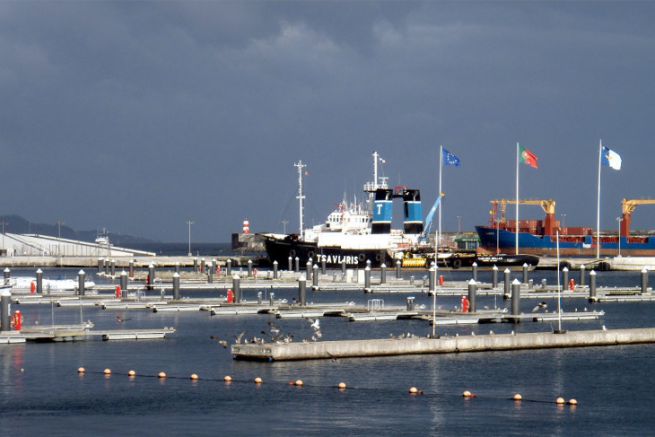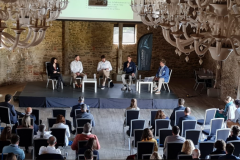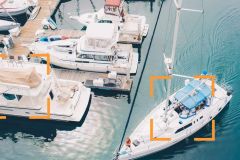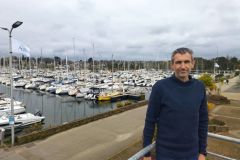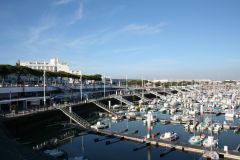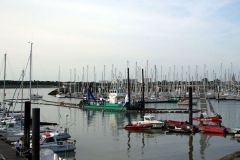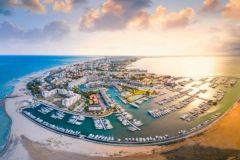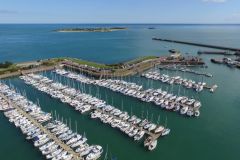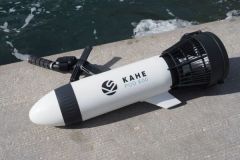Adrien Sanquer is the founder of Wiinch, a consulting firm in the nautical field. He shares with BoatIndustry his vision of the marina market.
You work with the different actors in the management of marinas. Can you explain your missions to them?
I work as a consultant for local authorities, CCIs and private groups, managers of marinas. I bring them my expertise in terms of development. I help them to choose the right management mode, through different statutes such as local public companies, but also to define the territory's nautical strategy by translating the political intention at national or local level. In practice, I manage large teams, with a transversal, economic and not only technical vision, with a methodology to work with all the actors. The goal is to help communities make the right choices. After about 15 years as an employee for this kind of missions, I founded my company, Wiinch in May 2018.
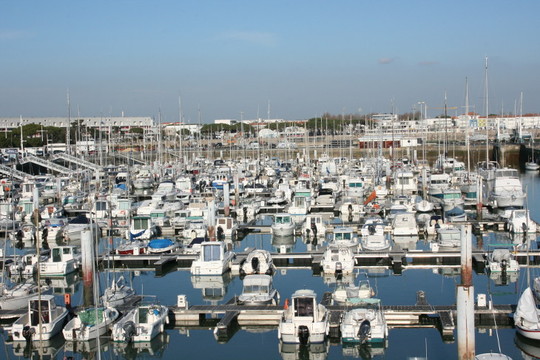
How do you see the evolution of marinas?
The marina market is changing. There is an erosion of the traditional owner and an evolution of the nautical offer at high speed. Different practices are needed to attract new users. Ports have a role to play and must change, both in terms of development and management. We are moving from managing the shortage of berths in recent decades to a policy of gaining customers. For this, the management of ports in a network is of interest. The ports can also be de-densified, which will free up space for the often less experienced boaters. This also makes square meters available for floating spaces such as accommodation.
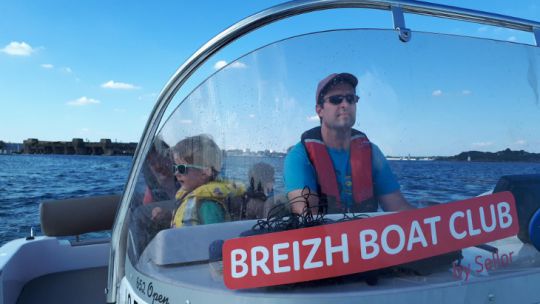
The environment is aggressive, with operating losses and especially increasing dredging costs. It's a perilous business model, very much tied to the communities, somewhat reminiscent of small airports in the regions. We can no longer wait for people to sign up on waiting lists. The ports must develop internal services or help nautical project holders to test their offers by quickly freeing up space. There is a real challenge.
